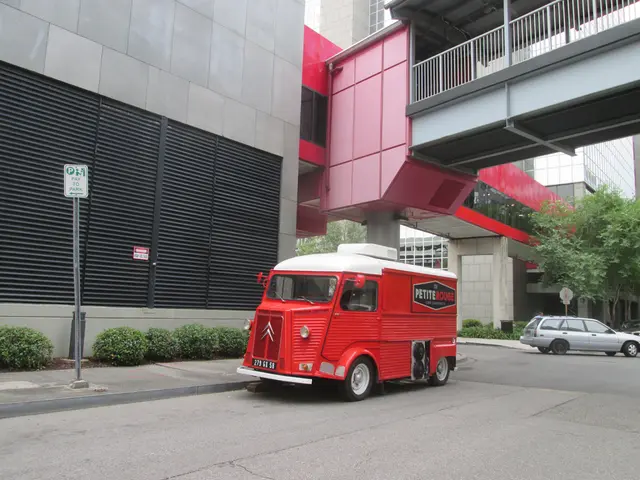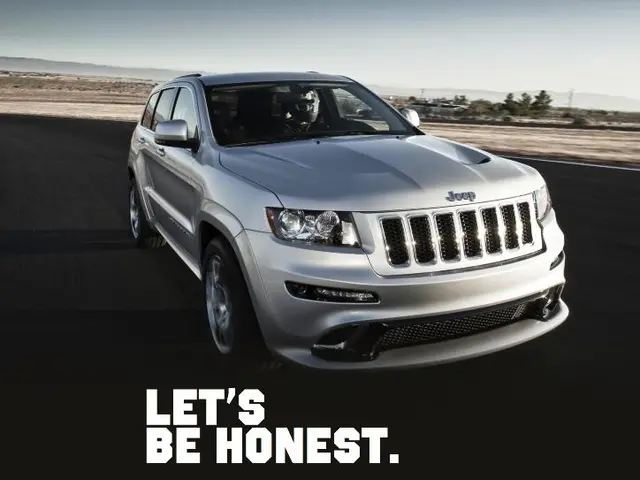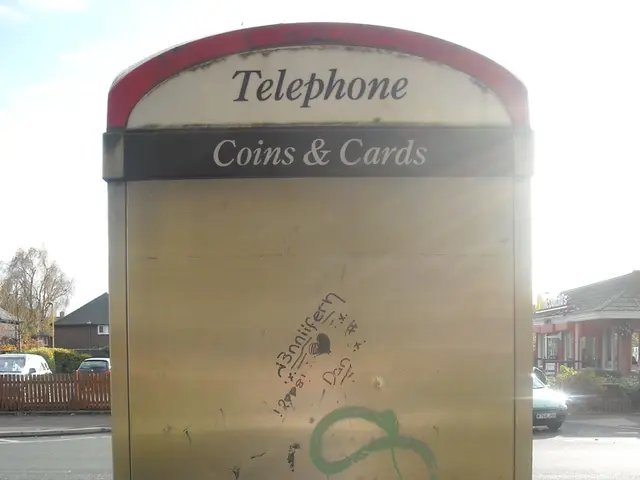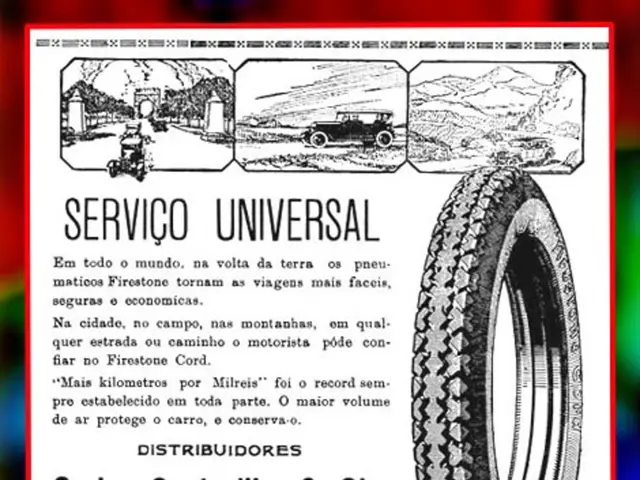Keeping Your Vehicle on the Road: Navigating Main Inspections
- By Christian Hensen
- 3 Min
Vehicles do not pass the TÜV exam due to minor flaws - Cars can occasionally fail TÜV inspections due to minor defects.
In 2021, roughly 20% of vehicles failed their main inspection, leaving 67.8% with a clean bill of health. Avoiding costly re-inspections comes down to being informed and proactive.
Inspection companies like TÜV categorize vehicles into four defect classes. To pass without issue, your vehicle should fall under the "no detected defects" category. Otherwise, you might deal with minor, significant, or dangerous defects.
Minor defects, such as scratched mirrors or a malfunctioning license plate light, require prompt repairs but won't cause failing the inspection. On the other hand, significant defects - such as worn-out tires, defective brakes, or rusted supporting parts - will lead to a re-inspection within four weeks. If the defects aren't addressed, your vehicle will fail the inspection.
Dangerous defects that directly or immediately threaten road safety or the environment will result in an outright refusal of the sticker. These defects require immediate attention, and the vehicle can only be moved for repair purposes.
Ace Your Main Inspection: Tips and Tricks
TÜV (and other inspection companies like Dekra or GTÜ) provide checklists to help you prepare for the inspection. Some items require a thorough examination, while others are more straightforward. Here are some critical aspects:
- Indoor and outdoor lighting functionality
- Undamaged glass (headlights, windows)
- Properly functioning windshield wipers and windshield washer
- Functioning brakes
- Operational horn
- Dry engine compartment
- Tire tread depth
- Presence of warning triangle, warning vest, and first aid kit with valid expiration dates
- No warning lights during the drive
- Up-to-date paperwork for tuning
Ensure all these factors are in order for a successful main inspection. If your vehicle is already at a workshop, they're likely to spot and fix any issues before the inspector arrives, eliminating the need for worry or checklist-making.
There are also less conventional areas worth considering. For example, inspectors often ask you to remove blind-spot mirrors and may register a minor defect if they're found. Reports suggest that missing sun visors could potentially trigger a minor defect in convertible vehicles[1].
Inspectors also disapprove of films on the front windows, painted headlight covers, and non-approved LED bulbs that aren't explicitly certified for your specific vehicle.
- TUV
- Car
- Vehicle
- Main inspection
Enrichment Data:
Overall:
The main TÜV inspection (Hauptuntersuchung) evaluates vehicles against strict safety and environmental standards. Here's how the specified modifications typically affect inspection outcomes:
1. Blind-Spot MirrorsIf properly mounted and not obstructing factory mirrors, they are acceptable. If they compromise the driver's field of vision or lack secure mounting, they may result in rejection[1][3].
2. Films on Front WindowsFront windshield and front side windows must allow ≥70% light transmission. Aftermarket films reducing visibility below this threshold will fail inspection. Rear windows are less restrictive unless they impair driver visibility through mirrors[1][4].
3. Painted Headlight CoversNon-transparent modifications that reduce headlight brightness or alter beam patterns (e.g., colored films, opaque paints) are prohibited. Factory-style clear protective films may pass if they don’t scatter light[1][4].
4. Non-Approved LED BulbsIf bulbs lack E-mark certification (e.g., E1 for Germany), they'll be rejected. Proper installation is crucial to avoid immediate failures, ensuring beam focus and glare are within proper limits[1][3][4].
Critical Factors:
- Documentation: TÜV often requires proof of certification (e.g., ABE Allgemeine Betriebserlaubnis or Teilegutachten parts approval) for modifications[1].
- Functionality: Any modification must not compromise safety systems (e.g., lighting performance, visibility, braking).
- Regional Variations: Inspectors may enforce standards differently, but federal guidelines govern core requirements[1][3]. Pre-inspection consultations with TÜV can help navigate borderline cases[1].
- The community policy for vehicles undergoing main inspections requires vehicles to pass the TUV inspection to avoid re-inspections and costly repairs.
- Vocational training in car-maintenance could be beneficial for understanding the requirements and preparing vehicles for inspections by companies like Dekra or TUV.
- Routine maintenance and checks, such as tire tread depth, engine compartment condition, and the functionality of lights and brakes, are crucial for passing the main inspection.
- Inspectors may register a minor defect for modifications like blind-spot mirrors if they obstruct the driver's field of vision or lack secure mounting.
- Financial considerations, as up to 20% of vehicles fail the main inspection in some regions, highlight the importance of proactive car-maintenance and preparation.
- Lifestyle choices related to cars, such as the use of films on front windows, painted headlight covers, or non-approved LED bulbs, can lead to failures in the main inspection if they don't adhere to the respective safety and environmental standards.










